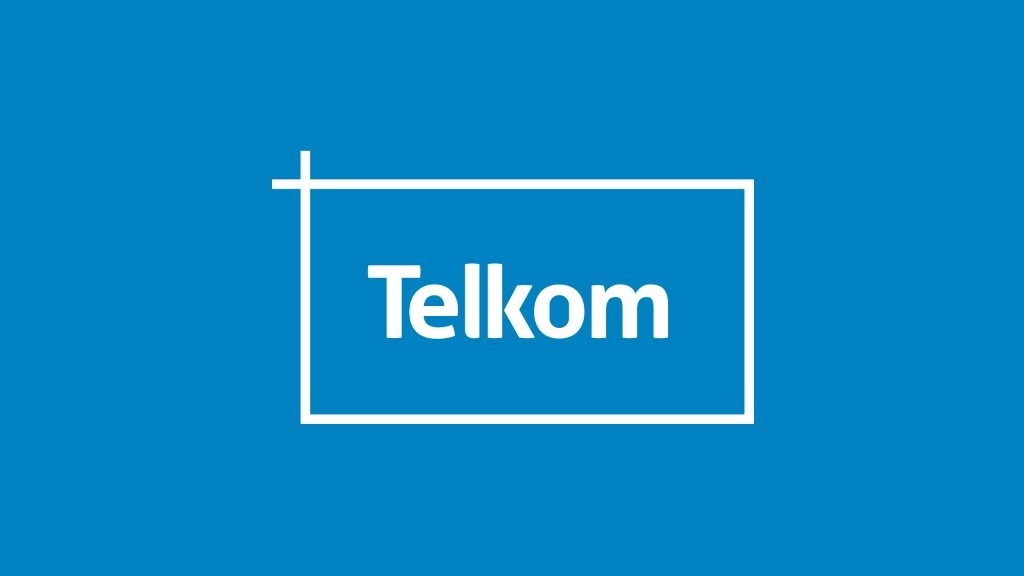Mobile
Telkom reports digital big bang
The one-time monopoly sees its mobile strategy pay off as it takes a solid third place and grows data traffic
Spending R8,4-billion on infrastructure has helped Telkom keep revenue steady at R43.2-billion for the last year – just 0.4% up – but profits (earnings before income, tax, depreciation and amortisation) up a solid 11.7% to R12-billion with an EBITDA margin at 27.7%.
In its financial results for the year ending 31 March 2021, the one-time state monopoly telecoms operator reflected a major comeback as revenues from next-generation technologies surged.
Mobile business revenue growth now more than offsets the anticipated decline in fixed-voice revenue and revenue pressures from Covid-19. The results showed a dramatic change in revenue mix in recent years, with legacy fixed-voice income now contributing only 15% to the business.
Mobile broadband traffic increased 53.2%, resulting in mobile data revenue growing by 41% and underpinning a 34.5% increase in mobile service revenue, to R16.9-billion. Its subscriber base grew to 15-million, solidly positioning it as the third-largest mobile operator in South Africa, after Vodacom and MTN.
The fixed line business plummeted another 19%, from 1.6-million to 1.284-million, meaning that the total number of fibre lines on South Africa – including all providers – has now overtaken fixed copper lines. On the back of the disintegrating copper business, ADSL is also slowly vanishing, with Telkom now having 605,807 fixed broadband lines, of which just under half are FTTH lines.
Telkom Group CEO Sipho Maseko said that Telkom’s commitment to enabling connectivity meant it was perfectly placed to support digital transformation.
“Our mobile business continued its growth trajectory as we surpassed 15-million subscribers during the year, carrying even more data traffic in 4G and 4,5G, as well as commencing our 5G rollout,” said Maseko. “Allocating capital to a data-led and fibre-enabled mobile network – a growth area of our business – successfully prepared us for the significant increase in data demand and mobile broadband services as more people worked, did business and studied from home.”
It was not all wine and roses, though.
Telkom’s BCX unit suffered a decline in revenue as the national lockdown and work-from-home reduced fixed-voice revenues from enterprise customers. Information technology (IT) revenue also came under pressure as corporates deferred capital expenditure and delayed projects However, by optimising its cost base, it increased EBITDA by 6.6%.
Driven by a surge in data traffic across fixed fibre and carrier connectivity solutions, Telkom’s broadband infrastructure wholesale provider Openserve saw a 2.9 % rise in the fibre to the home (FTTH) connectivity. Telkom uses the more attractive-sounding metric of “homes passed” to report its fibre roll-out, with the number up 20.7% to 549,957. It reports a connectivity rate of 51.1%, suggesting around 275,000 fibre connections.
Capital investment slowed with the national lockdown in the first half of the year, but recovered in the second half, to reach R8,448-million. The focus on key growth areas saw 53.3% of Capex investments geared towards mobile, underpinning the growth in mobile service revenue of 34.5%.
A further 29.3% of investments were geared towards fibre, core network and service-on-demand.
“Our capital investment over the past five years has enabled us to successfully evolve the business. With next-generation revenue streams contributing approximately 70% of Group revenue and driving growth, we have de-risked the business,” said Maseko.

















